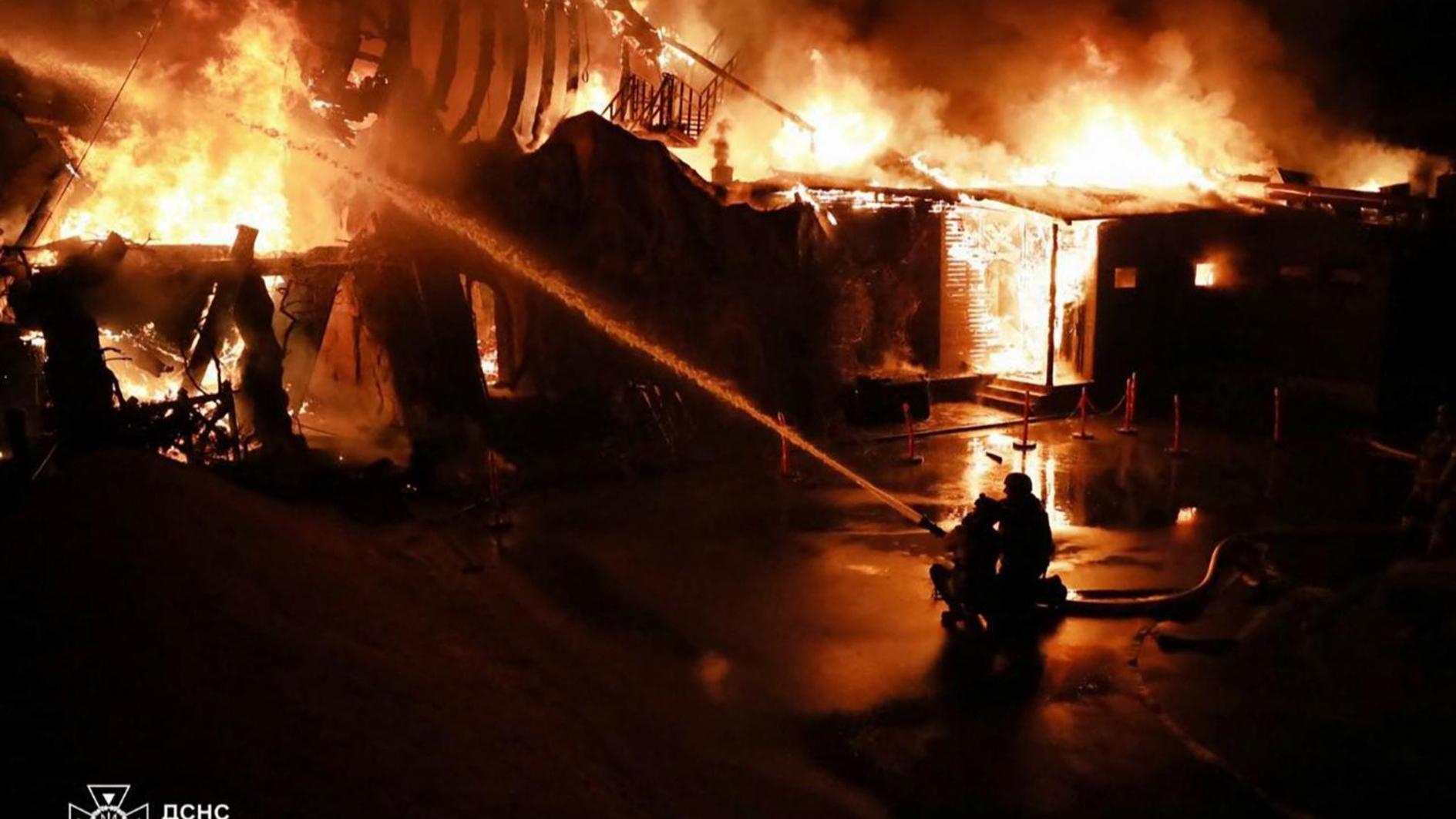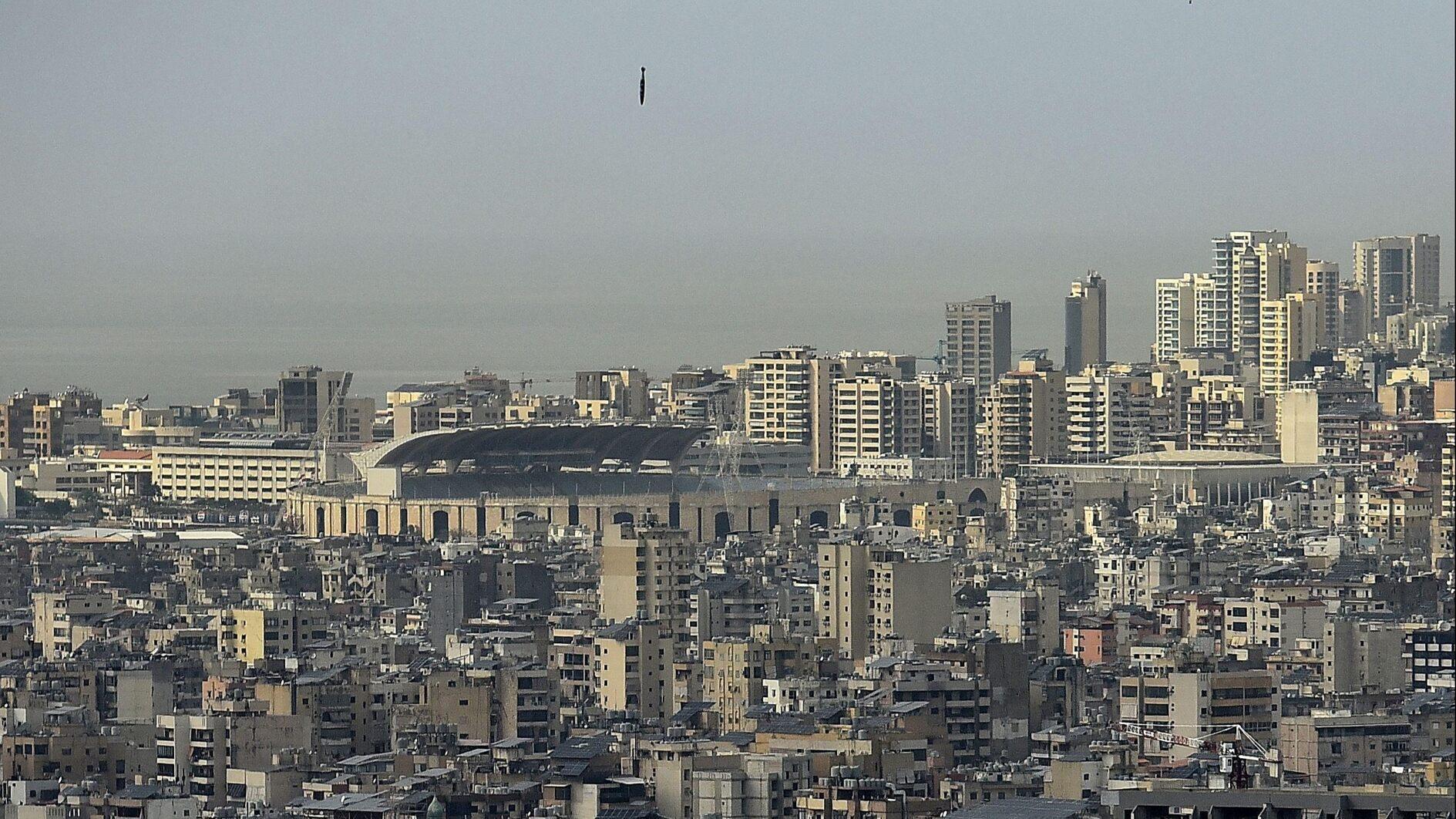Uncertainties linger over US banking industry
NEW YORK

Uncertainty continues to pummel the banking industry, despite assurances from financial regulators and bankers such as Jamie Dimon this week that the worst of the recent crisis is over and the health of the banking system remains strong.
Bank shares have sold off on Wall Street this week following the government seizure and subsequent sale of First Republic Bank to JPMorgan.
It was the second-largest bank failure in U.S. history and the third failure of a midsize lender in two months.
While many thought the sale of First Republic “would stop the ‘who’s next?’ conversations, investors are clearly continuing to focus on remaining players that are deemed the weakest” analysts at UBS wrote in a note to clients.
The bigger worry is that the bank failures might lead to doubts about relatively healthy banks, creating a financial contagion that could impact the wider economy.
Averting that scenario was the reason the U.S. put tighter restrictions on major banks following the financial crisis 15 years ago.
Bankers and regulators have tried to reassure investors that the worst of the crisis is past, to little avail. JPMorgan’s Dimon said on May 1 that he believed “this part” of the banking crisis was over.
Federal Reserve Chair Jerome Powell vouched for the health of the financial system on May 3.
In another sign of potential trouble, a major deal in the banking sector was called off on May 4. TD Bank Group and First Horizon Corp. said they called off a planned merger, citing regulatory hurdles.
The Federal Reserve’s fight against inflation has played a key role in the banking turmoil. The Fed on May 3 raised its key interest rate by a quarter-point to the highest level in 16 years as part of that campaign.
The higher rates have prompted depositors to move money into higher-paying certificates of deposit and money market funds.
They also played a role in the slowdown in the tech industry, which had major implications for West Coast banks such as Silicon Valley.
Powell said the Fed would monitor several factors, including the turmoil in the banking sector, in deciding its next move on rates.
The Fed chair stressed his belief that the collapse of three large banks in the past six weeks will likely cause other
banks to tighten lending, and that would help the Fed in its inflation fight.
JPMorgan anticipates bank stocks will continue to be pressured due to regulatory and economic uncertainty, among other factors.
“Regulatory concerns primarily would translate into how much banks need to add to capital, liquidity, and debt, all of which would strengthen them longer term but hurt (earning per share),” analysts said in a note.
















